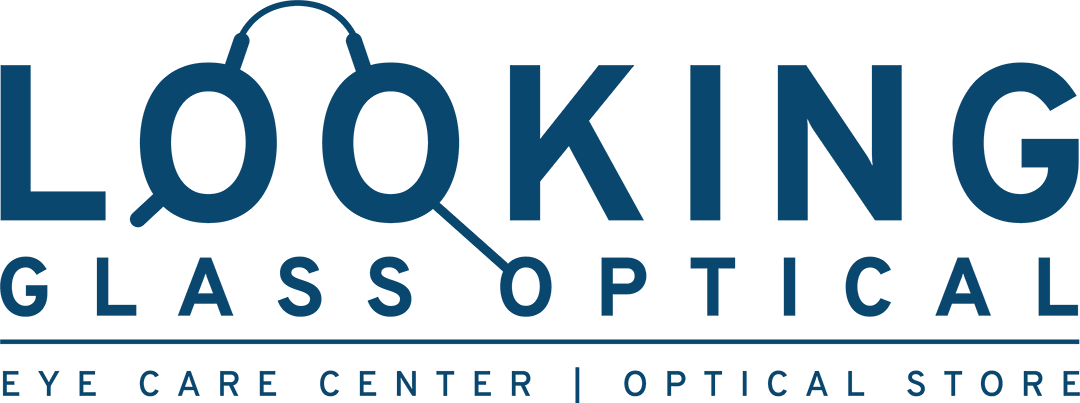5 Facts About Baby Vision Development You Should Know
Seeing your little one discover the new world around them and begin to recognize familiar faces is exciting. But, like everything else, a baby’s vision is delicate and developing quickly, and you want to protect it as much as possible. The first step to protecting your infant’s vision health is understanding how baby vision development works. This article will outline the five most important facts to know about baby vision development and how you can support it. Read on to learn more.
1. Babies Aren’t Good at Detecting Colors
You’ve probably heard the myth that babies are born color blind. The truth is that babies can’t perceive color and a child or adult. However, they gradually gain this perception and fully develop it within the first four months of life. For example, most babies begin perceiving red first and then eventually recognize the full spectrum of colors. You can support your baby’s color perception by hanging a colorful mobile over their crib or engaging their interest with a colorful toy.
2. Your Baby’s Eye Color Can Change
Eye color is inherited. A baby’s eye color can fluctuate until nine months of age. Your baby’s eye color may lack pigment at birth, creating a gray or blue appearance. Over time, they can change from hazel to brown or blue to green. Melanin increases with further baby vision development, and the eyes will take on their permanent color.
3. Newborns Can’t See Very Far
A newborn’s vision is very fuzzy, which means that they can have a hard time focusing on anything more than eight to ten inches away from their faces. For most of their stay in the womb, a baby’s eyes are closed. So it’s only natural that newborns have a bit of trouble taking in the new view upon arrival.
4. Depth Perception Fully Develops by 12 to 24 Months
Depth perception refers to your baby’s ability to perceive the world in 3D. It governs their ability to tell how far or close something is. Baby vision development for depth perception starts to happen around the three- to four-month mark, which means that they’ll be able to see you more clearly soon! Depth perception won’t fully develop until around one or two years of age.
5. Your Baby Can Get Their First Eye Exam at 6 Months
When your baby reaches the six-month milestone, they can get their first comprehensive eye exam. At birth, the eye exams aren’t all-inclusive and may miss vital signs or issues. When you schedule an eye exam for your baby, you can expect to get all of your pressing questions answered and receive a thorough examination of their eyes. Your optometrist will try to get a good picture of your family history in terms of eye health. They’ll perform a penlight exam of the baby’s eyelids and eyeballs. They’ll also perform a light reaction test and an eye movement test.
Support Your Baby’s Vision Development with an Eye Exam
Eye exams are a helpful way to detect any baby vision development issues early on while also educating you on best practices for vision care. Partnering with a trusted optometrist can help you support your baby’s eye development. At Looking Glass Optical, we’re the eye experts. We serve adults, children, and infants with comprehensive vision care.
Eye problems can be hard to detect in developing babies. That’s why we offer comprehensive eye exams to pinpoint potential issues early on. To schedule an appointment for pediatric eye care, give us a call today!
Share
